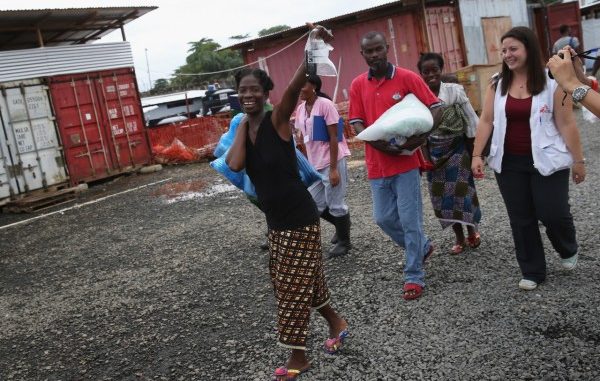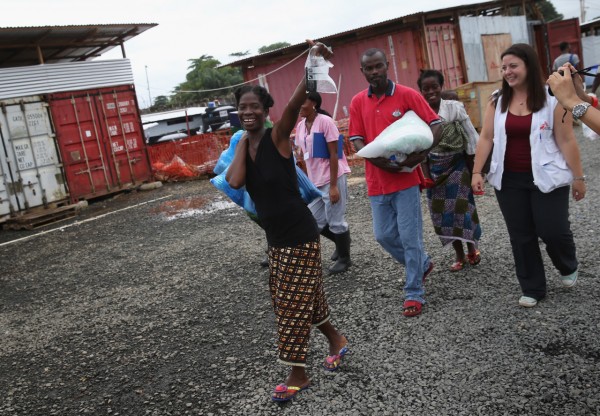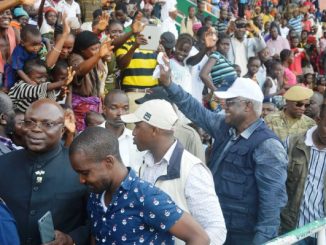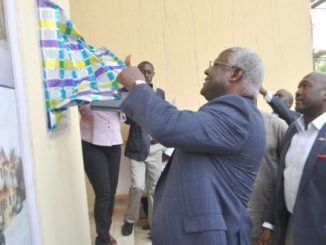
Although Liberia – the hardest-hit country with some 4,800 deaths – was declared Ebola-free for a third time last week, the nightmare is far from over for those who survived the epidemic.
Ebola can lie dormant and hide in parts of the body such as the eyes and testicles long after leaving the bloodstream – raising questions about whether it can ever be beaten, with West Africa’s 17,000 survivors acting as a potential human reservoir.
While experts say the risk of Ebola re-emerging in survivors and being transmitted to others is low, the fact the virus is able to lurk in the body can cause various health problems.
Many survivors suffer from memory loss, joint pain, and eye inflammation that can lead to blindness, as well as trauma, including depression and post-traumatic stress disorder (PTSD).
They have also had to endure abuse and rejection from friends and families, communities and even health workers.
“There is often fear, paranoia and stigma in other health facilities,” said Emmanuel Ballah, a counsellor and team leader at the Medecins Sans Frontieres (MSF) survivor clinic in Monrovia.“Survivors come here as we care about our patients, we follow up on them and offer psychosocial support,” he added.
The MSF clinic, one of four survivor centres in Monrovia, diagnoses illnesses, prescribes medication and refers patients to specialists for severe problems like loss of vision.
Around two thirds of those who visit the clinic suffer from eye problems, joint pain or mental health problems, MSF said.
The World Health Organisation (WHO) says 3 countries remain at high risk of additional small outbreaks of Ebola, like the most recent one in Liberia. To date, 10 such flare-ups have been identified that were not part of the original outbreak, and are likely the result of the virus persisting in survivors even after recovery.
WHO further says there is evidence that the virus disappears relatively quickly from survivors, but can remain in the semen of a small number of male survivors for as long as 1 year, and in rare instances, be transmitted to intimate partners.International Medical Corps country director in Liberia, Anouk Boschma says although financial aid is given to many survivors, Liberia should prioritise widespread clinical care and mental health support.




